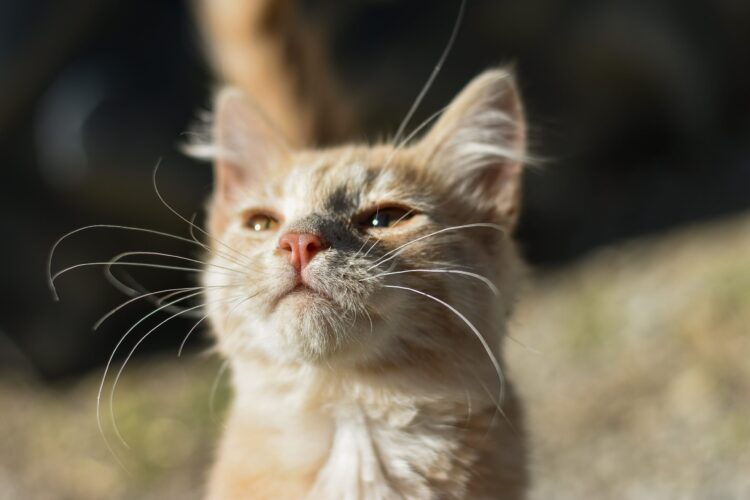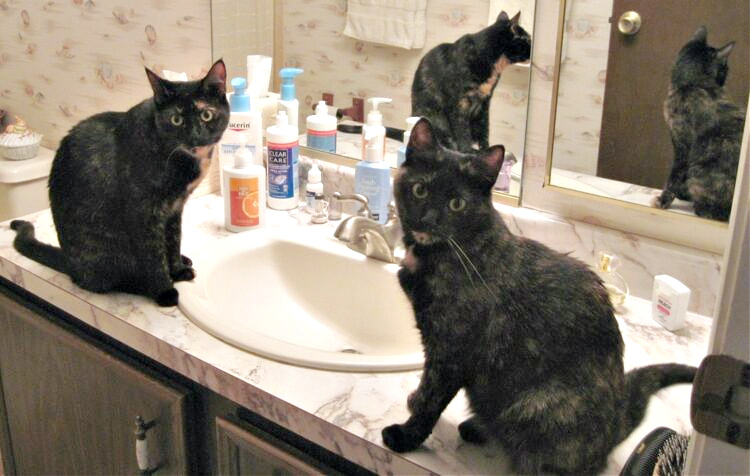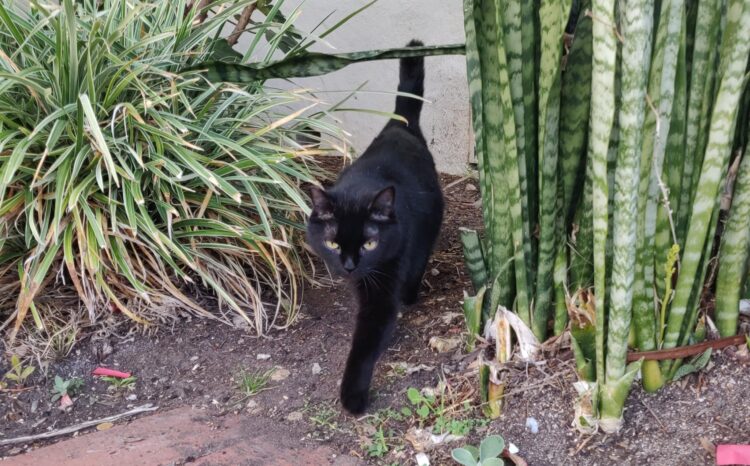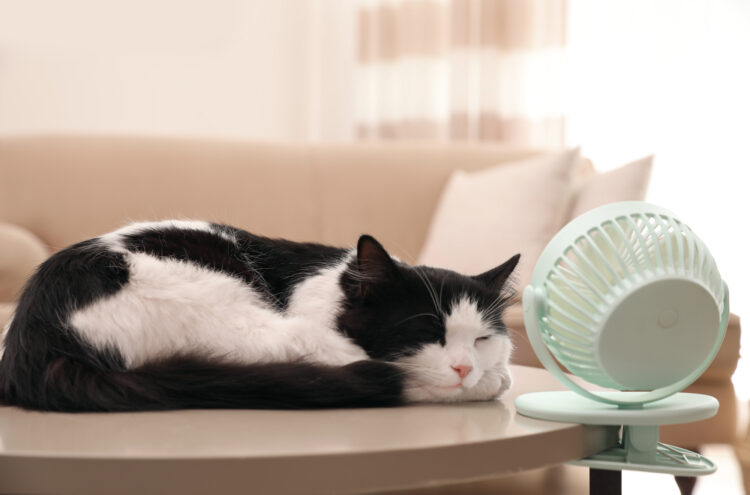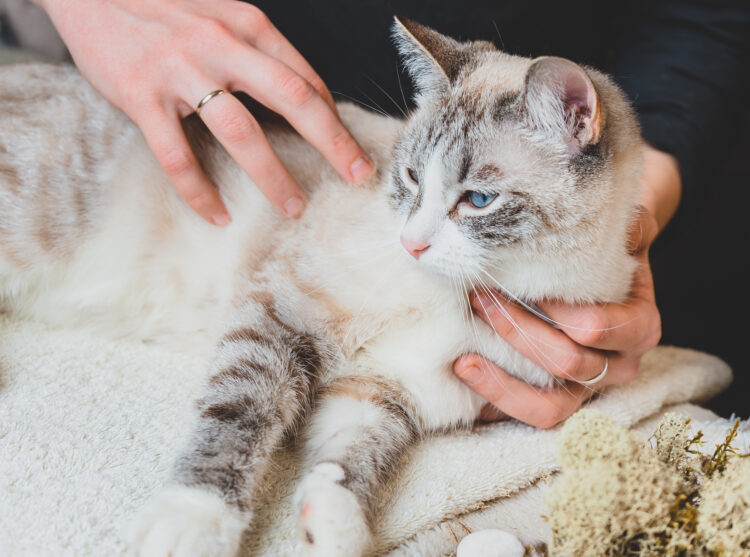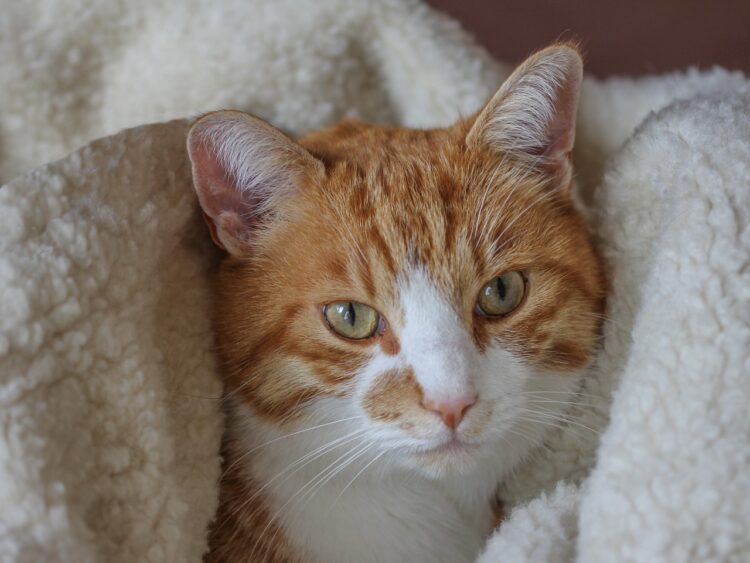
As veterinary medicine continues to advance, many feline illnesses that used to be a death sentence can now be treated. However, aggressive treatment is not the right choice for every cat and every cat parent, which is where palliative care, also known as hospice care, comes in.Continue Reading

